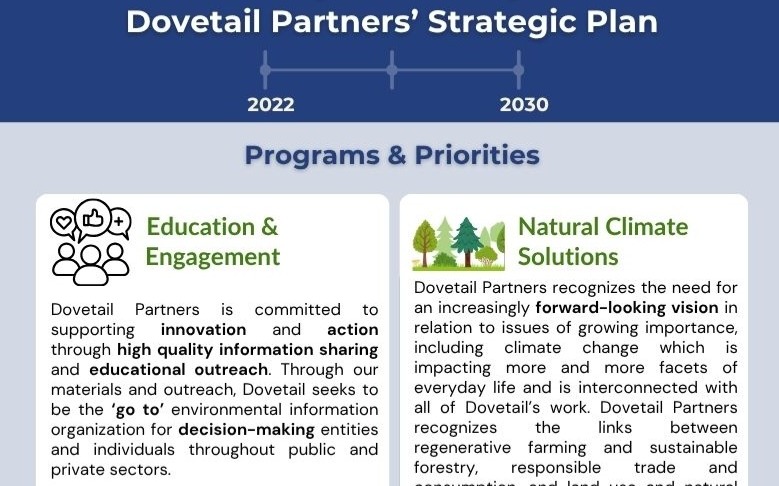Since Dovetail Partners published its first report on urban agriculture in 2011, interest in the field and efforts to promote it have continued to develop. As the public’s interest in local food systems has grown, grassroots movements have sprouted and local governments have gotten involved. Many local governments are now engaged in efforts to address urban agriculture and are helping to make it more widespread and accessible. By implementing new zoning codes, ordinances, and initiatives, cities can make it easier to start public community gardens and diverse types of urban agriculture businesses. Government efforts in urban agriculture commonly promote fruit and vegetable production and have also been coupled with nutritional education in schools, public cooking and gardening education, and outreach to citizens of underserved communities. Citizen-led groups, nonprofits, and universities also play leading roles in urban agriculture’s growth.
Dovetail’s previous report defined urban agriculture, explained its benefits and history, touched upon several federal and local government initiatives, and looked at potential future synergies between green building and on-site food production. This new report more closely examines urban agriculture activities taking place in major Minnesota municipalities, including the cities of Minneapolis, St. Paul, Duluth, and St. Cloud. This report highlights each municipality’s recent urban agriculture efforts by addressing specific strategies, policy actions, program initiatives, and lessons learned. Minnesota has a rich agricultural history, and urban agriculture is a growing component. As of July 2012, 319 community gardens in the Twin Cities area were dedicated to food production. The experiences each community has had with urban agriculture can help inform other citizen or government-led initiatives.
- Lead AuthorFrank
- DateSeptember 2013
- CategoryAgriculture, Business Development, Environmental, Management, Urban
- Project FileDownload

.png)

.png)
.png)

